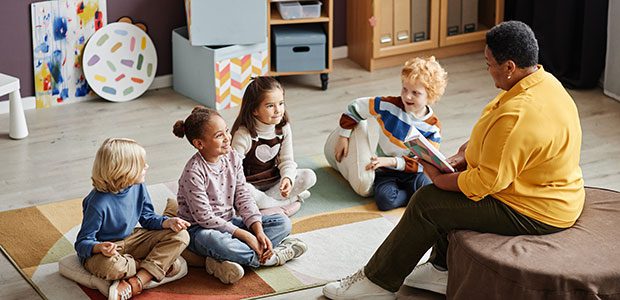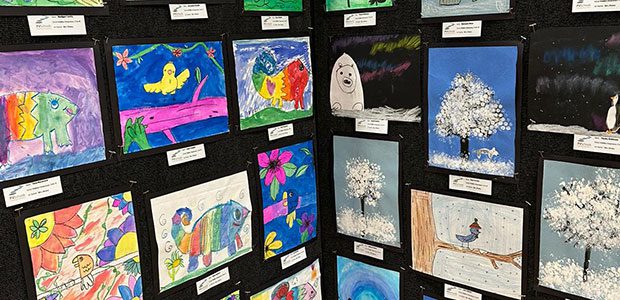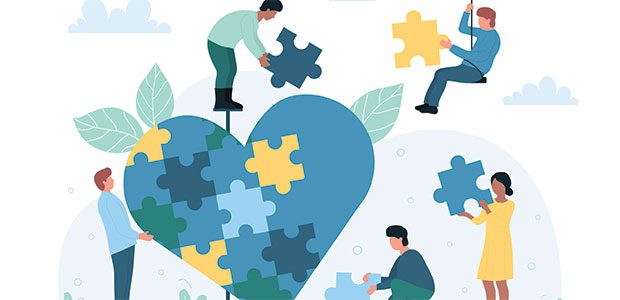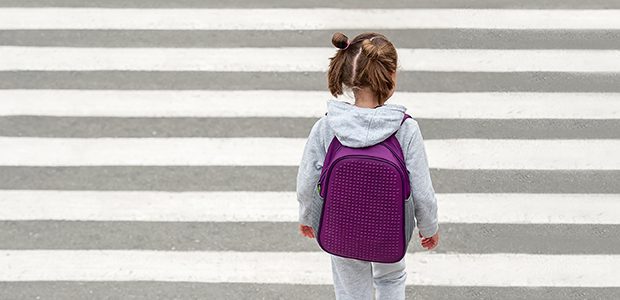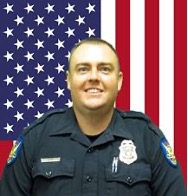Officer Timothy Mitten
Community Action Officer
Black Mountain Precinct
Phoenix Police Department
I have often said that in today’s society our children face many more challenges than we did as children. From technology, mass media, and the prevalence of drugs of all kinds, our children are up against a threat that can have devastating impact on their lives as well as the rest of the family. As law enforcement officers, we see this devastation on a daily basis, from the impact on neighborhoods in the form of thefts and burglaries, increased officer safety issues and the destruction of a person’s life from drug use, whether it is addiction, incarceration or even death. Through partnerships with schools, parents, neighborhoods, community organizations, faith based groups and many others, law enforcement can help in trying to educate as many people on the dangers of drug use.
Some recent statistics show how prevalent substance abuse is among our children and that through some education and parental involvement, the use of drugs can be reduced. In Arizona, alcohol is the most common substance abused followed by cigarettes and marijuana. Alcohol kills 6 ½ times more teens than all other illicit drugs combined and 13.6 years is the average age AZ kids report first using marijuana. 40% of those who started drinking at 13 or younger developed alcohol dependence later in life and 10% of teens who began drinking after 17 developed dependence. Teens that drink are 50 times more likely to use cocaine than those who don’t drink and 63% of youth say they initially got the alcohol from their own or a friends house. Teens whose parents talk to them on a regular basis about the dangers of drug use are 42% less likely to use drugs than parents who don’t talk to their kids.
There is an abundance of information out there for parents to get and educating yourself is the first step in educating your children about the perils of drug use. At the end of the article I will list some links and websites where you can get more information. This article is just a brief “tip of the iceberg” when it comes to this topic. A question I get asked many times is “When should I start talking to my kids about drugs?” and the best answer is as early as possible. Now you do not need to tell your kindergartener of early elementary school kids everything about all drugs but start by introducing them to the dangers of poisonous and harmful substances found in most homes, like bleach, cleaners etc. By the 3rd grade, children should know that medicine, poisons, food and illegal drugs differ and that medicines given by a doctor or other responsible adult can help with sickness but can be harmful if used improperly and that they should stay away from any unknown substance.
Pre Teens
Pre teens is a critical age for children to begin learning about the dangers of drug use since they may be exposed to it on TV or on the internet through shows, celebrity news, or other events in society. They are able to be told facts about drugs, their impact on the body and the results and dangers of its use, whether they are illegal drugs or medicines taken in excess. Their friends are also important at this age and peer pressure is strong so being an involved and educated parent is very important. This informed and anti drug attitude is very important for your child to have prior to entering middle and high school. Do not be afraid to discuss this issue, kids are very in tune to their parents attitudes about topics so do not ignore or rely on someone else to teach your children. Make sure the children can separate the myths from the realities of drug use and make sure to give positive reinforcement to them for good behavior and thinking.
Middle School and High School
Middle school and high school are the battleground. This is the most critical part of drug prevention since they will be pressured from peers, exposed in the media and movies to drug use and exposed more than ever before. Their decision making processes and anti drug attitudes will be challenged and they must make good decisions at this point. Try and arrange to have your kids looked out after school; kids left alone are susceptible to pressure. I know it is not easy to do that sometimes, but if they are left alone, make sure they feel your presence through giving them a schedule, limit their behavior, enforce rules, assign chores and check in constantly. Get to know your kids friends parents, exchange addresses and phone numbers and make sure the parents know your stance on alcohol and drug use. Discuss with your teens easy ways for them to vacate from a place where drugs are being used, and make sure they know it is okay for them to call you at anytime of the day or night to help get them out. Make sure curfews are set and enforced.
Adolescence
Adolescence is a tough time for children as they change physically and emotionally and even thought they may seem unreceptive to parents, they do need parental support, involvement and guidance. They may not tell you or thank you but they do appreciate it. They are smart enough now to know the dangers of drug use, have probably seen some friends use drugs and maybe even seen the tragic consequences but constant education and enforcement of the anti drug message must continue. You can now talk more deeply about the effects of alcohol, smoking, drugs and other substance and its long term effects on their bodies and potentially to the health of their own future children. Keeping them active and involved in things they are interested in, (whether you like the sport or activity or not is irrelevant) they like it and support for this activity helps keep their self esteem and involved allows less time for bad decisions. It is vitally important that parents encourage teens for the good things they do and give kudos for the positive decisions they make. They may not respond but knowing you appreciate their good decisions is motivating to teens and will help keep their self esteem up.
Education
Some things you should educate yourself about on the different types of drugs are “black tar heroin”, “spice”, “bath salts”, prescription drugs like oxycontin, xanax, percocet, hydro marijuana, ecstasy, GHB, and many others are things parents should know about besides the common illegal drugs most hear about like meth, crack, LSD or cocaine. Educate yourself as to the signs and symptoms of drug use and where to go to get help if someone needs it. Some websites to get more information on drug use, trends, etc are phoenix.gov/police, maricopacountyattorney.org, safekidsaz.org, safeteensaz.org, are just a couple but if you do an Internet search using any of the drug types listed above you will be able to be linked to many sites that can provide information.
The Black Mountain Precinct of the Phoenix Police Department is currently working on continuing to go out and educate parents, neighborhoods, and schools on our Operation HOPE Drug Education program as well as other drug prevention presentations. If I can be of further assistance, or you would like more information on this topic / presentation, please fell free to contact me at 602-495-5238 or at tim.mitten@phoenix.gov. Thanks again for being involved in your community and partnering with the Phoenix Police Department to help improve the quality of life and safety of your neighborhood.
